Growing Pains in the Opera Industry: In Conversation with Teiya Kasahara 笠原貞野
The Queen of the Night, the infamous diva from Mozart’s famous opera The Magic Flute, has been around for centuries — two hundred and thirty years, to be exact. And Teiya Kasahara 笠原貞野 has a long personal and professional history with the character. Kasahara’s relationship and fascination with the Queen of the Night has inspired their solo monologue-concert The Queen and Me, which had a recent run at the Greenwin Theatre at the Meridian Arts Centre in North York. (The Queen In Me also heads to Belfast next month.)
The Queen of the Night has been an important entity in Kasahara’s personal and professional growth as a soprano and as a person.
“The Magic Flute was the first opera I ever saw,” Kasahara told me in an interview.
“I was fifteen. I saw Ingmar Bergman’s 1975 film version. I was blown away by the vocal feat of the Queen of the Night’s famous aria. And I thought to myself, ‘if I could sing that once in my life, I would be happy!’ And lo and behold, my voice developed into that voice category — that of coloratura soprano. Eventually I was being cast as the Queen of the Night here in Canada with the Canadian Opera Company, on school tours, in Vancouver, in Edmonton, and in Germany.”
For better or for worse, once Kasahara became known for being able to sing the impossibly high notes of the Queen of the Night’s famous aria, they began to get type-cast in the role. As a non-binary person, this presented a unique opportunity: Kasahara was inspired to ask themselves how they could reconcile being trans non-binary and being a soprano, a voice type historically associated with femininity and female identity.
“This is the question that prompted this show. To be able to understand this, unpack it, and live with my voice type in this industry. Being an opera singer, you’re expected to uphold an outdated, cisgendered femininity both onstage and off. My personal exploration of who I am was stunted because of this. I was a late bloomer, so to speak, in figuring out my sexuality and my gender,” said Kasahara.
They found the opportunity to explore queer gender and sexual identity outside of the opera industry.
“It took many occasions of being in micro-aggressive, racist, sexist, unsafe situations that led me to realize that this was not the kind of industry I wanted to be in. This, alongside encountering queer theory and post-colonial theory, introduced to me by my partner, inspired me to put words to these experiences.”
“I reached out to the theatre industry in Toronto. The theatre industry in Toronto was ahead of the opera industry in efforts to make spaces more equitable. The Queen and Me first emerged from working with the Emerging Creators Unit at Buddies in Bad Times, which then developed into a twenty-minute-long solo show that I performed at the Rhubarb Festival.”
The Queen and Me has afforded Kasahara an opportunity to free both themself and others from social expectations of gender and sexuality.
“In my mind, the Queen has become a part of me. I have given her a fictional life and backstory beyond what we’re presented with in The Magic Flute. In a way, I’ve freed her from being imprisoned by the story of The Magic Flute,” said Kasahara.
“By expanding the possibilities for the Queen of the Night, I hope that I’ve expanded the possibilities for women, girls, for gender-nonconforming folks, for people who have had experienced of womanhood like myself, but who want to break free from the limited expectations of what a woman or a girl should be in society today.”
For Kasahara, there is value in the classical canon as well as in the development of new works like The Queen and Me.
“We need to broaden our perspective of what opera is and what the classical canon can be. We need to evolve the classical canon in addition to putting energy and resources into new works. And that’s why I think I wrote the show. To say ‘here’s what’s going on!’ and to give myself an opportunity to perform and to share my art,” they said.
“It’s tough because I want to participate in the status quo of the industry. I love the classical repertoire. But I know that my show is rubbing people in not-the-best way. I hope that these reactions are just growing pains.”
“I hope that this bit of discomfort that some people are feeling will help them to grow, as I’ve had to grow.”
You can find out more about The Queen In Me here.

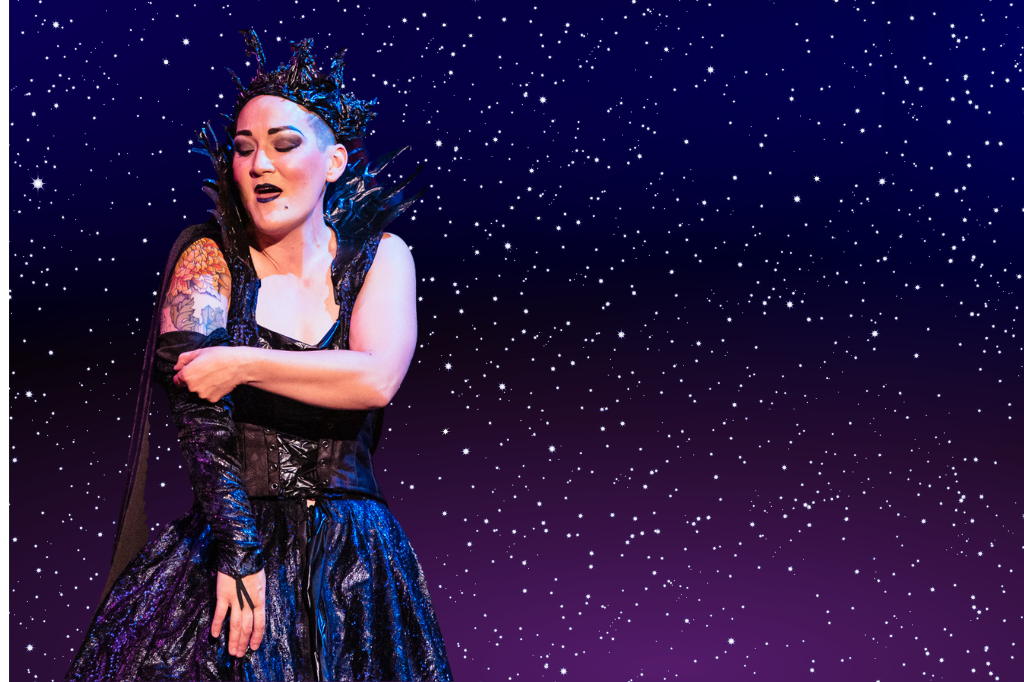
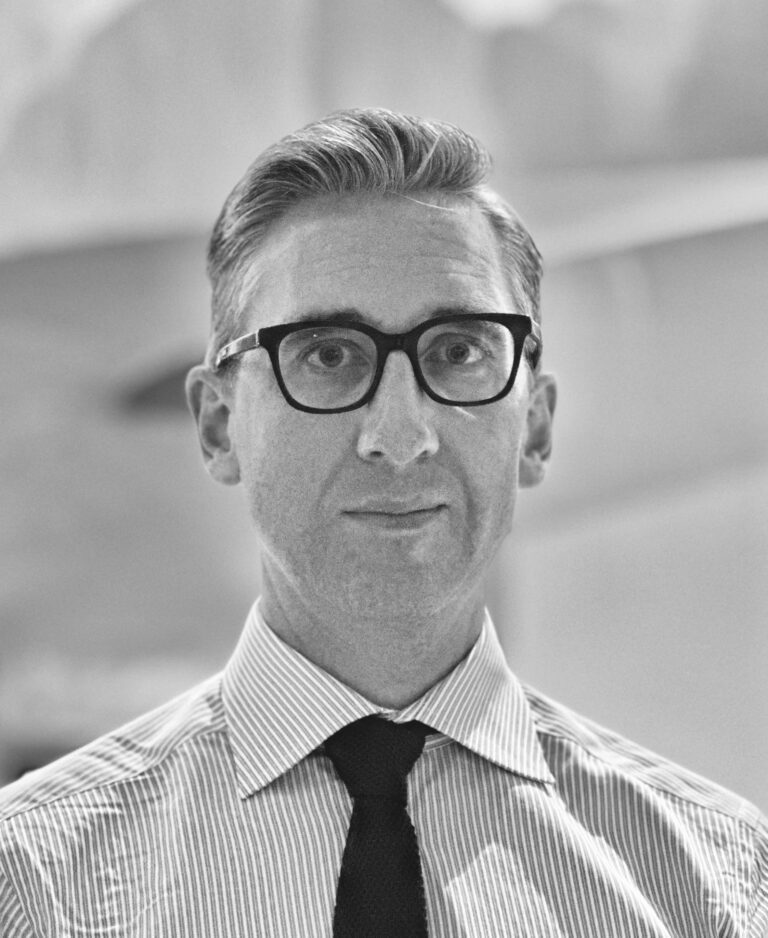








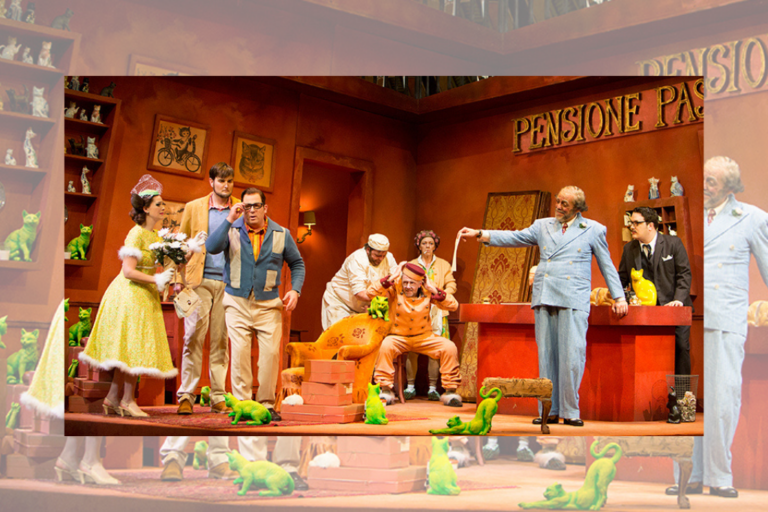
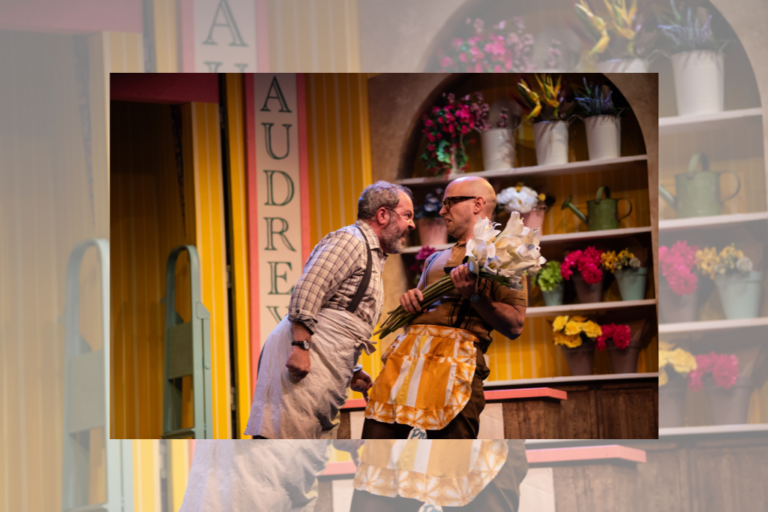
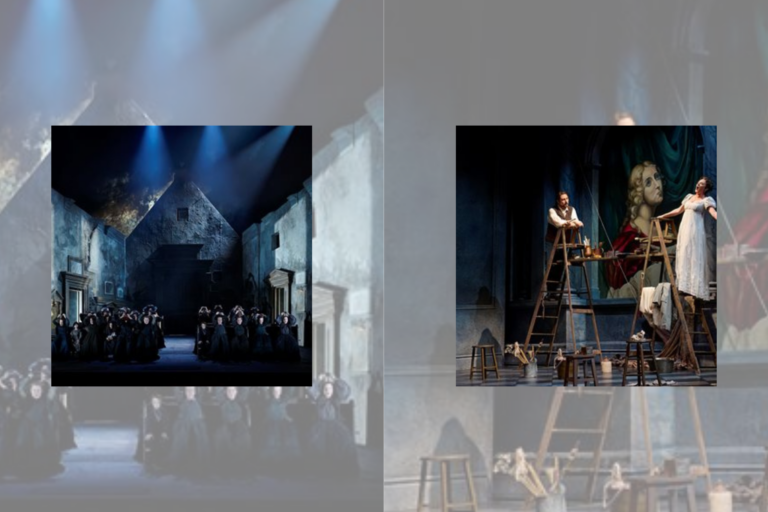

Comments